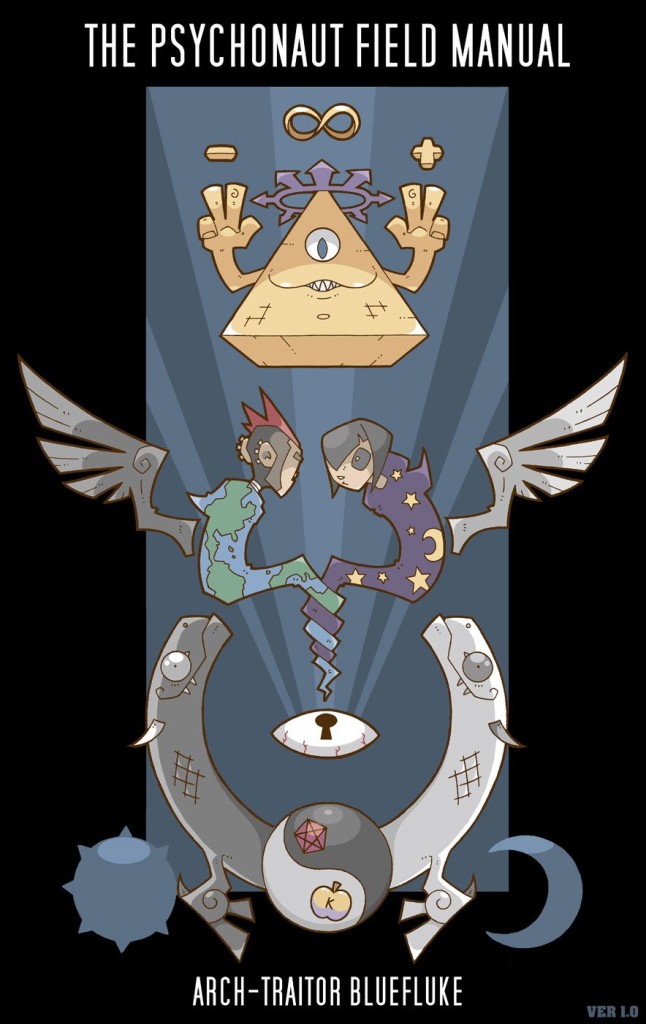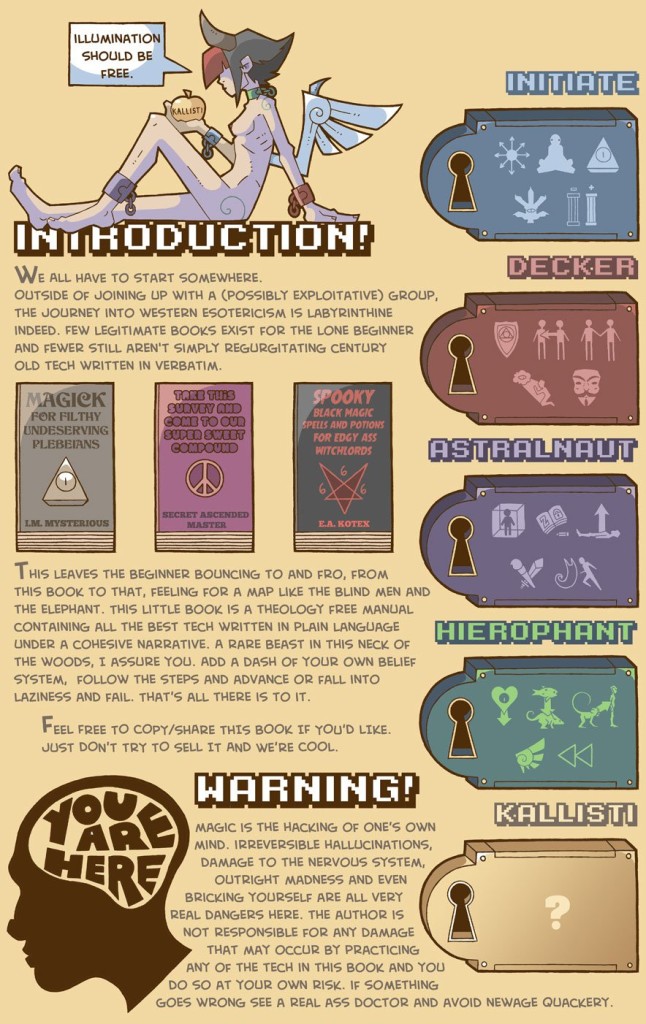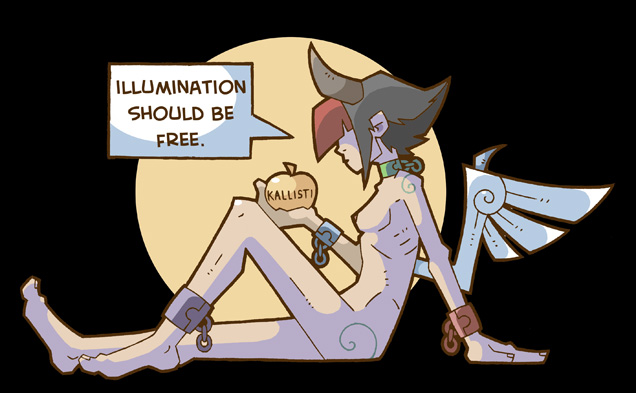 Conversations with God: An Uncommon Dialogue by Neale Donald Walsch
Conversations with God: An Uncommon Dialogue by Neale Donald Walsch
My rating: 5 of 5 stars
What would a holy book—a supposed hotline with God—read like if it was written today? Would it be enough to jump-start new religions the way the Bible or the Quran did in their time?
What would God have to say about marriage? Child rearing? Aliens? The nature of the individual soul and how each one is an instance of God, of creativity, of consciousness discovering itself and who it wants to be? How about sacrilege? Sin? Free Will? Life after death? Can God be insulted? What is the divine dichotomy (I love this concept)?
Instead of the typical, monotheistic concept God we’re used to who is worshiped as if He/She/It was a vengeful, entitled asshole, God here appears as the real deal, the creator full of compassion and love the Big Guy from the Bible is supposed to be, and it’s incredibly refreshing. Next to this Creator, I can’t believe what all kinds of mass religion crap is passed off as ultimate truth. There’s just no comparison. It’s staring at the sun on the one hand—impossible without looking away lest you go blind—and having one of the warm light LED lamps on the other.
In fact, I can easily see pieces of Conversations with God be used 200 years from now in the same way the Bible is quoted today, with the difference that the former draws from profound sources and delivers meaning and advice that can be useful to people living in the 21st century instead of the trite, hollow, more traditionalist than insightful Old Testament passages that so often make their appearances in American media and try to pass themselves off as spiritual—and which frankly annoy me to no end.
To drive the point home, even though I did thoroughly enjoy CwG#3 in audiobook format unlike the first two which I read on my Kindle, I must say I would recommend reading the books instead of listening to them. If audiobooks are your thing then the audio is also great, especially the fact that God was voiced by a woman as well as a man taking turns in the conversations. Τhe actors were excellent to boot—I imagined the male God as a cross between Morgan Freeman (damn movies!), Dumbledore and an aged Eddard Stark (what a sense of imagination! /s) and the female one as President Roslin from Battlestar Galactica. However, not being able to highlight incredible insights that appeared every other “page”, it seemed, was a problem, and that alone would count as reason enough for me to actually get all three books in paperback—just to underline the hell out of them! Literally? Heheh.
Deciding whether to give this four stars, as I did for #2, or five, as I did for #1, took me all of about 80 seconds. “Feck it”, I decided. I’ve recommended this book already to pretty much everyone I’ve talked to about books with whom I share even a remote interest in spirituality or anything transcendental. At this point, that it’s just more of the same, which was my main issue with #2, isn’t a problem. While there’s little really new “content” here, only reiterations of the same basic teachings, don’t they say that repetition is the mother of knowledge?
In case this review didn’t manage to convey my enthusiasm and my belief that this book can only enrich your life in some way and that anyway you should definitely read Conversations with God, here are my respective ones for #1 and #2.








